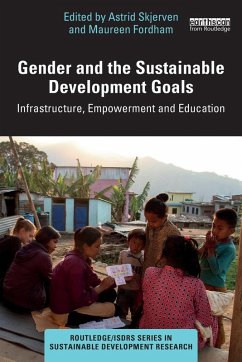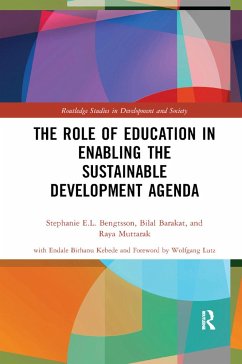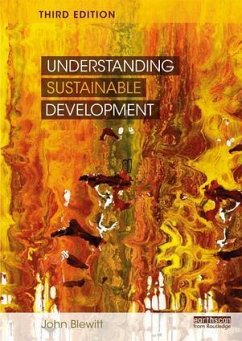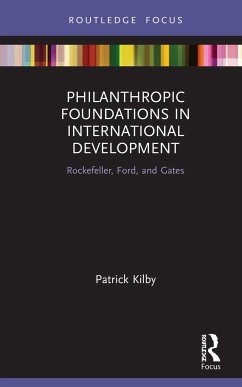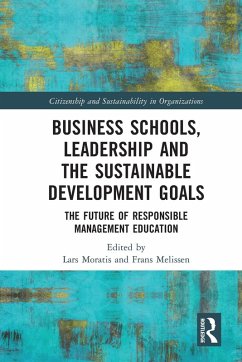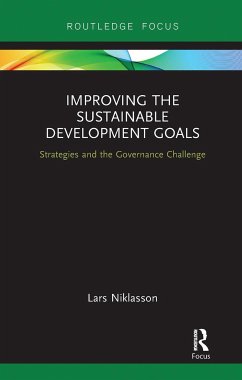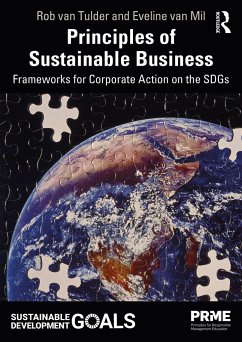
The Capability Approach and the Sustainable Development Goals
Inter/Multi/Trans Disciplinary Perspectives
Herausgeber: Ikejiaku, Brian Vincent
Versandkostenfrei!
Versandfertig in 1-2 Wochen
172,99 €
inkl. MwSt.
Weitere Ausgaben:

PAYBACK Punkte
86 °P sammeln!
This book demonstrates how the capability approach to human development can contribute to the realisation of the 2015 UN Sustainable Development Goals. With insights from various fields, this book will interest researchers and practitioners from law, politics, international relations, sociology, public policy, area and development studies.





